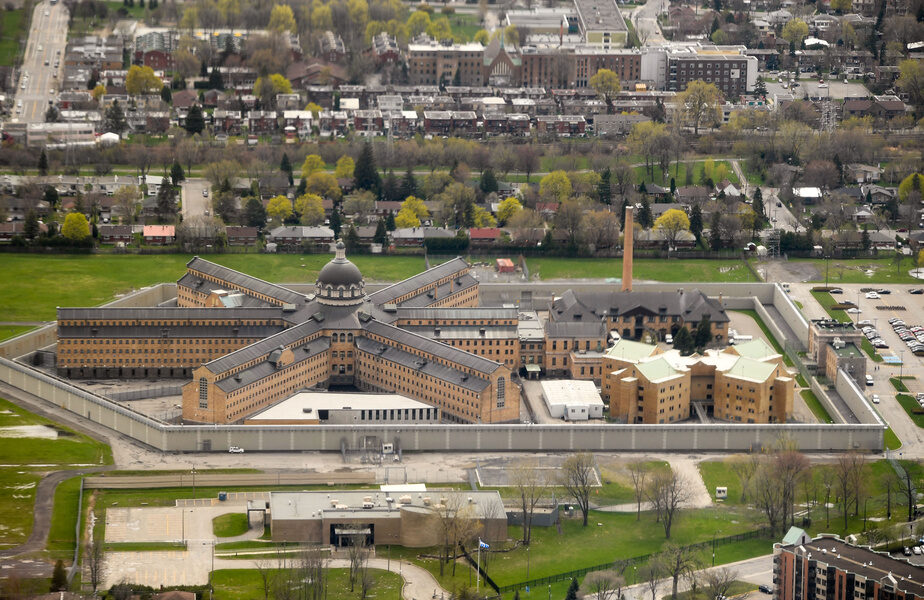Throughout the pandemic, prisons have faced a reckoning, and Montreal’s Bordeaux prison is no exception. The prison has seen some of civilians’ worst fears play out, from multiple COVID-19 outbreaks, to inadequate resources, and more recently, to more than 1,000 inmates locked in their cells for over 24 hours while staff conducted an institution-wide search. These recent events, along with similar happenings in other prisons around the world, have re-energized calls for prison reform and restorative justice.
The discourse was revitalized in the wake of the summer 2020 protests, which saw the Black Lives Matter movement take to the world stage following the police murder of George Floyd. The movement calls upon civilians and policymakers alike to rethink, and even do away with, the current criminal justice system in an effort to revitalize communities. The crisis at Bordeaux prison calls for renewed discussions in the Montreal context and also presents an opportunity for McGill students to take part in the debate. Although prison conditions may seem irrelevant or out of the control of many McGill students, the community must not turn its back on Bordeaux. It is the responsibility of all those living in Montreal and Canada to take a stance on the injustices festering in the prison system, given that these institutions are funded by tax dollars and have long-lasting impacts on the lives of marginalized youth.
One of the most common arguments in favour of prison reform is that the current system is rife with human rights abuses with little to no accountability mechanisms. Throughout the pandemic, many Bordeaux prisoners’ basic human rights were disregarded due to the inadequate allocation of resources. With minimal access to showers, books, phones, or visits, those behind bars faced inhumane periods of isolation and solitude. Incarcerated people and employees alike protested the conditions, with over 30 engaging in a hunger strike last February to protest a lengthy 14-day confinement measure. In another instance, prison workers called on the government to provide adequate vaccination resources to the prison following a series of outbreaks. The blatant violation of human rights in these cases serve as a stark reminder of the necessity of prison reform. According to the United Nations’ recommendations for criminal justice and prison reform, prison authorities have the responsibility to ensure that the treatment of incarcerated people is in line with the law and respects their human rights. At the end of the day, it is imperative to guarantee incarcerated people, many of whom are jailed for non-violent offenses, the rights with which they were born.
In addition to assuring human rights, prison reform can support communities and promote equity and anti-oppression. In Canada, marginalized communities, most notably Indigenous individuals, are disproportionately incarcerated as a result of long histories of systemic discrimination in legal, political, and social spheres. Since systemic inequalities extend to all parts of the criminal justice system, including policing, sentencing, and prosecution, marginalized communities are often overrepresented in prisons. Meaningful prison reform must be accompanied by the adoption of anti-oppressive policies within the criminal justice system, ideally with an emphasis on revitalizing the communities that have been disproportionately affected.
Conversations regarding prison reform should not be taboo: Students can take the lead in calling for change in an arena where older generations have often been hesitant to make strides toward justice. Students at McGill and beyond can do this by educating themselves on the issue by engaging with racialized scholars’ work on prison reform and abolition, contacting their local members of the National Assembly and parliament, and starting discussions about what prison reform could look like in the context of their own communities. Ultimately, it is only through continued dialogue about criminal justice that meaningful reform can begin.









